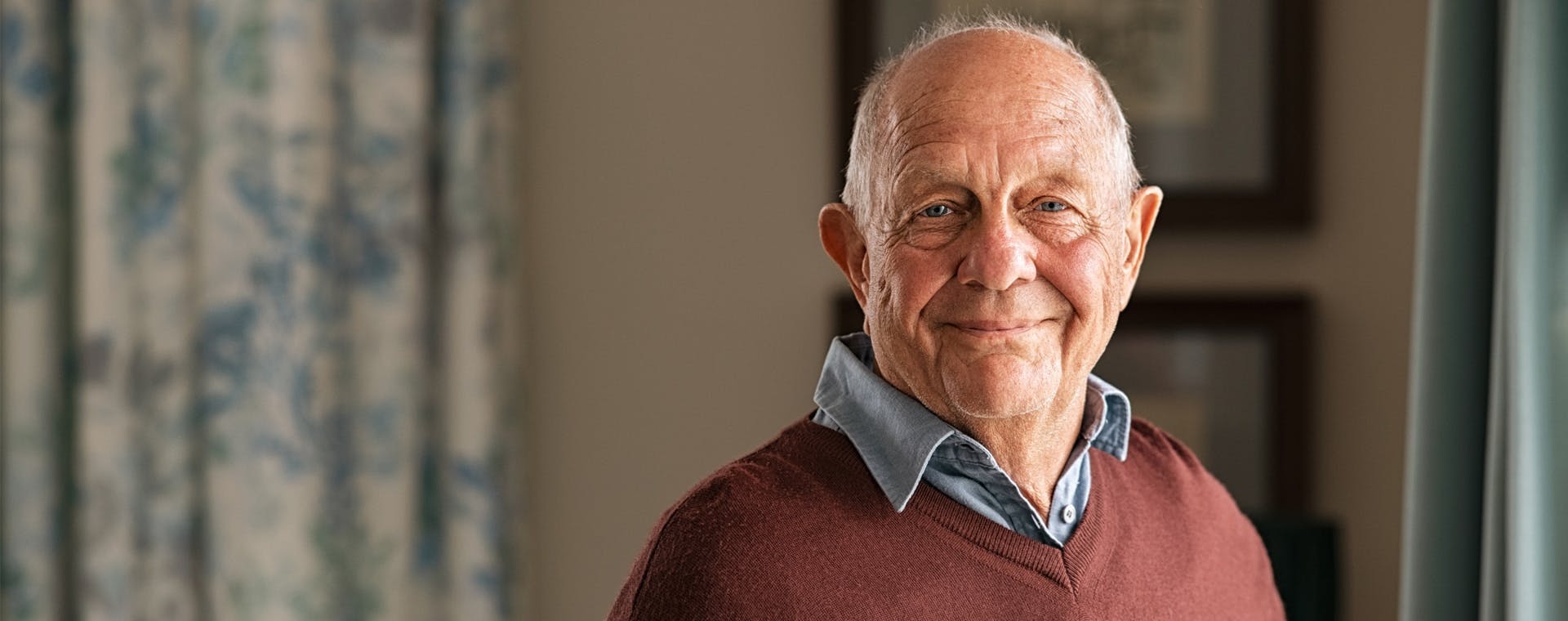A failure to provide a specimen charge is considered a serious offence under the Road Traffic Act 1988. The criminal justice system often treats it as harshly as drink driving or drug driving. The penalties can be life-changing, including a minimum driving ban, heavy fines or even imprisonment. For many, the impact extends beyond the legal consequences, affecting work, family life and mental health.
At Switalskis, our specialist motoring offence solicitors have a solid track record of successfully defending cases involving failure to provide a specimen. This includes a failed roadside breath test or refusal at a police station.
Once we fully understand the circumstances surrounding the incident, we'll get to work identifying possible strategies, and preparing a robust defence. Having helped many clients achieve the best possible outcomes in similar cases, you can trust us to work tirelessly to do the same for you.










